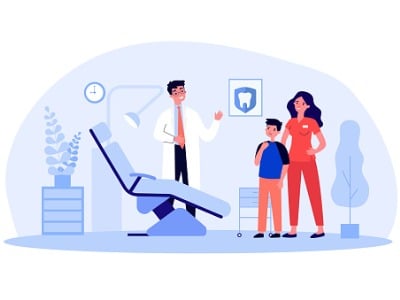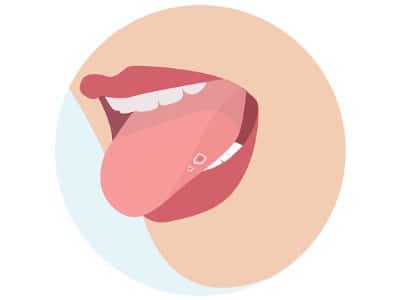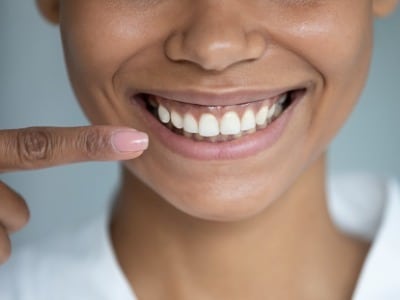
Don’t Be Afraid to Speak Up – There is Nothing to Fear Here!
First, it is important to note that your dentist is not trying to be scary. They have no intentions to cause you any pain or discomfort. Their goal is to keep you and your teeth happy and healthy! Dentists also have to go through many years of schooling before they are allowed to practice dentistry. Thus, they are extremely qualified experts in their field. Additionally, your dentist doesn’t want your visit to be a traumatic or anxiety-inducing experience. If you simply communicate your feelings to them, they will do whatever they can to help make your visit better.




